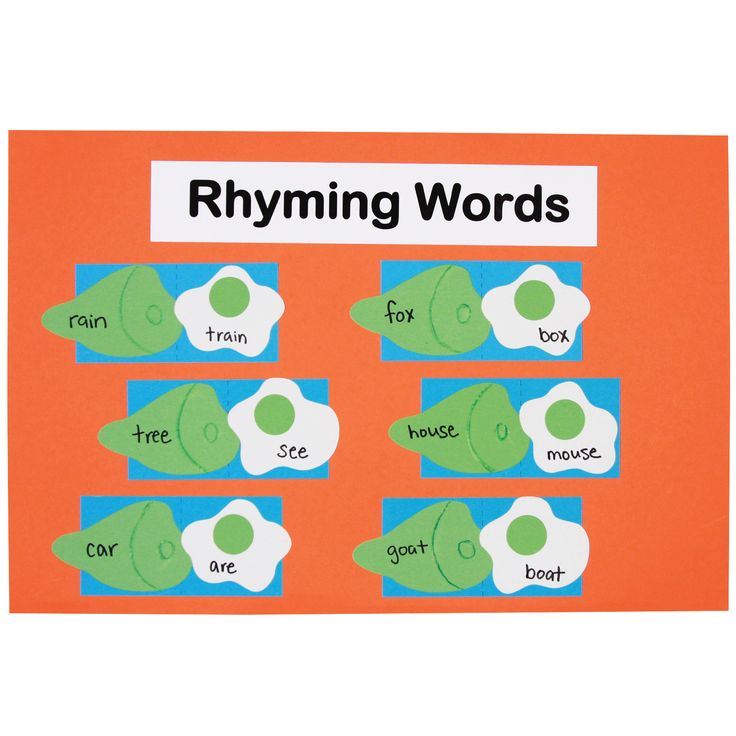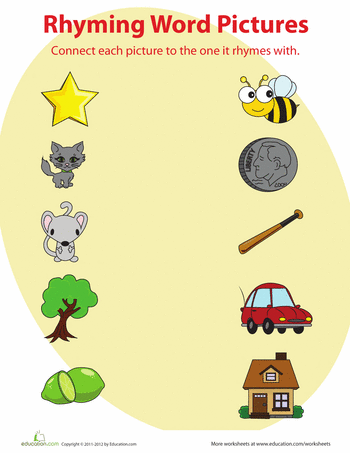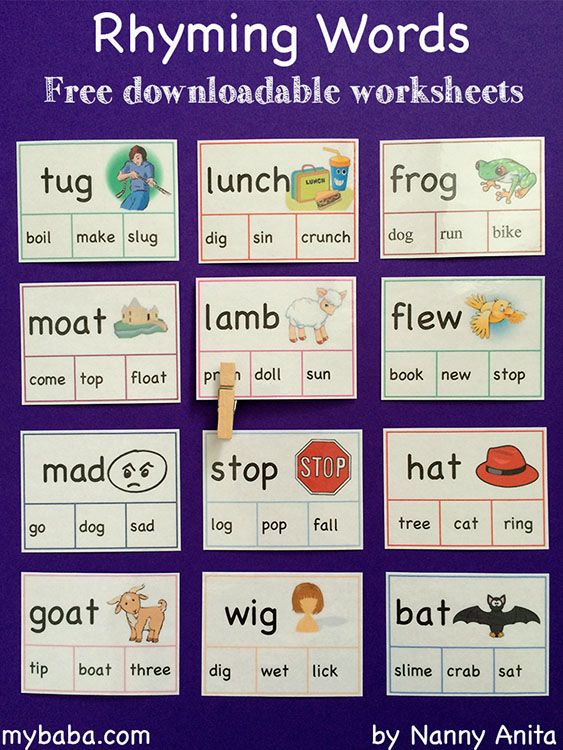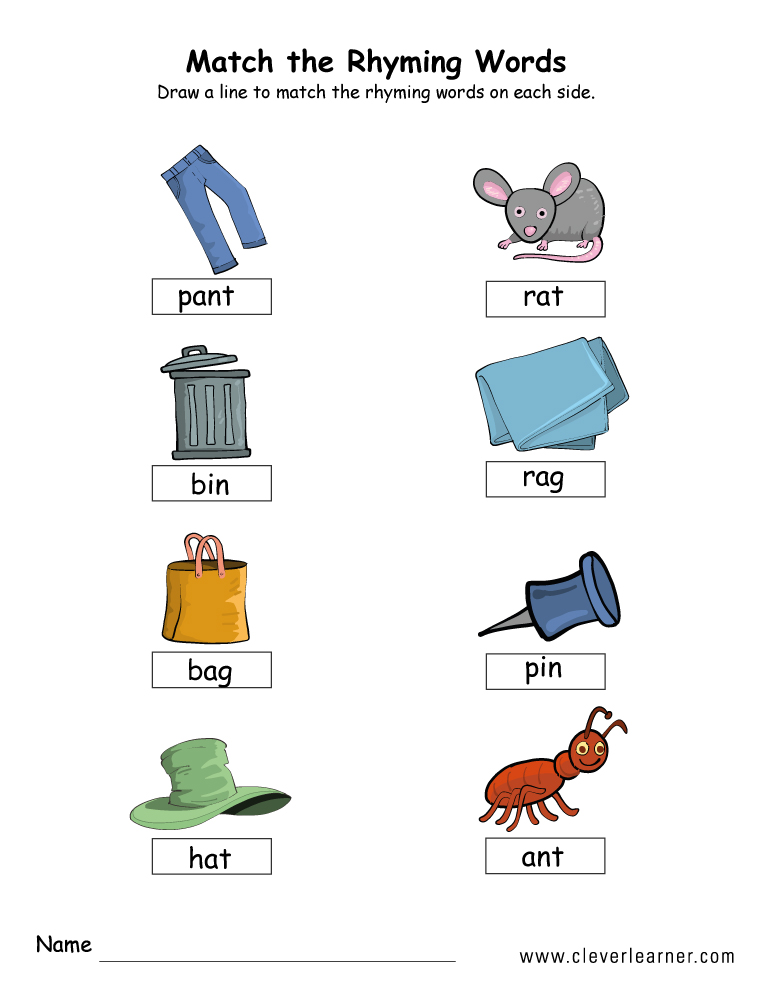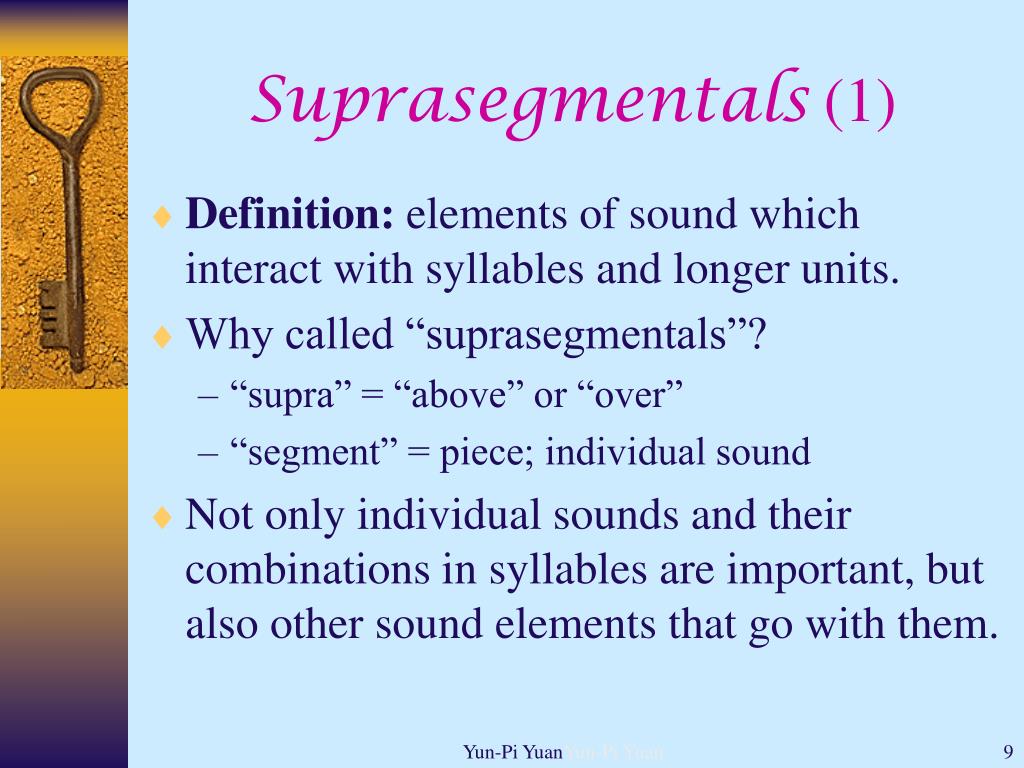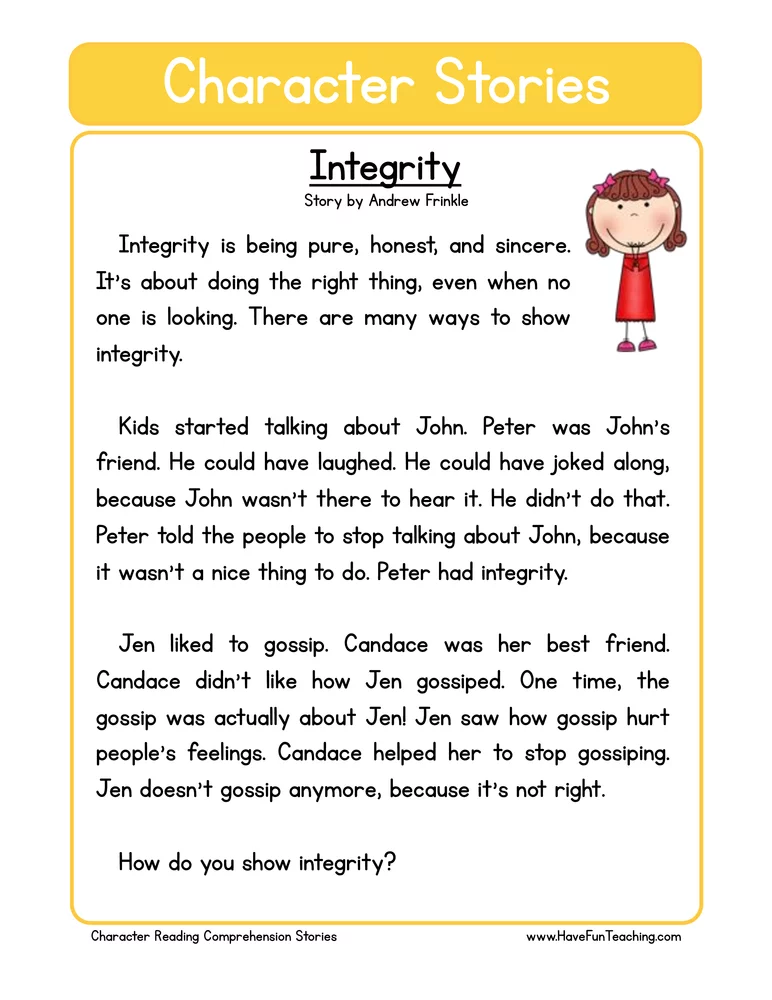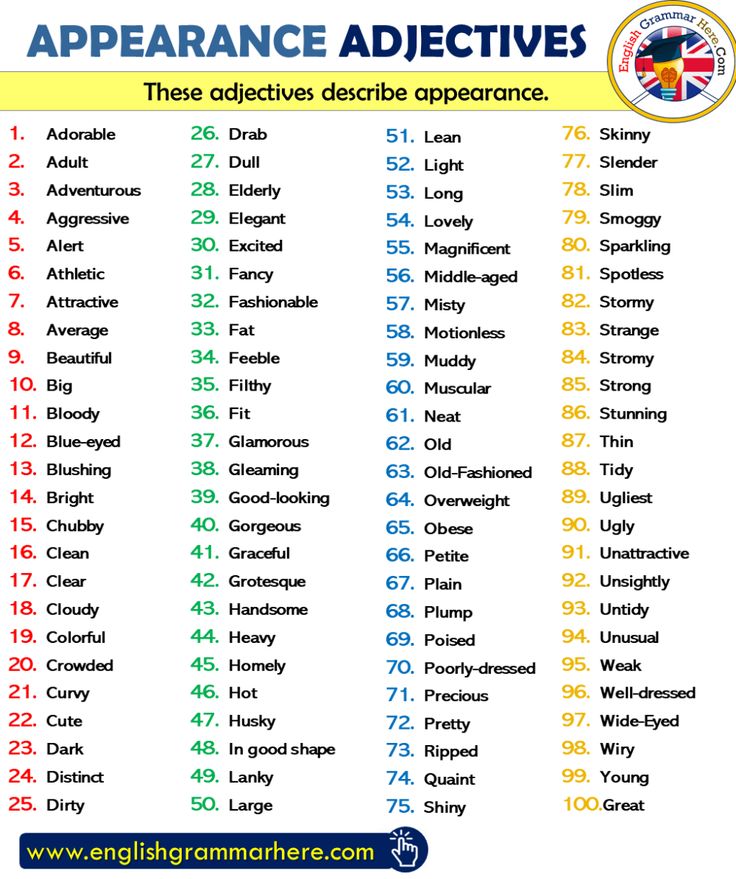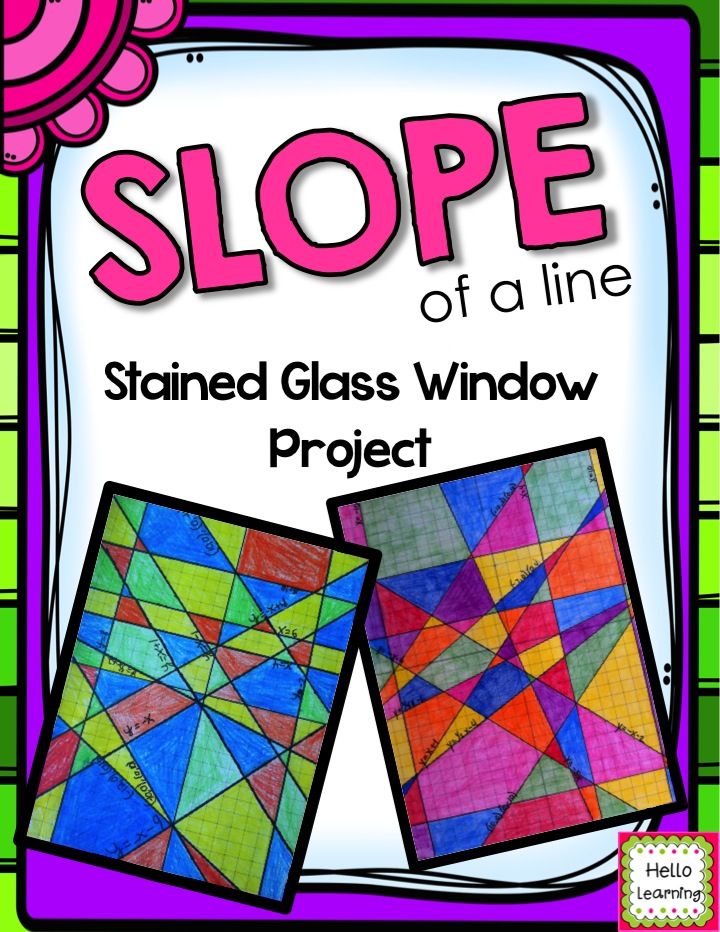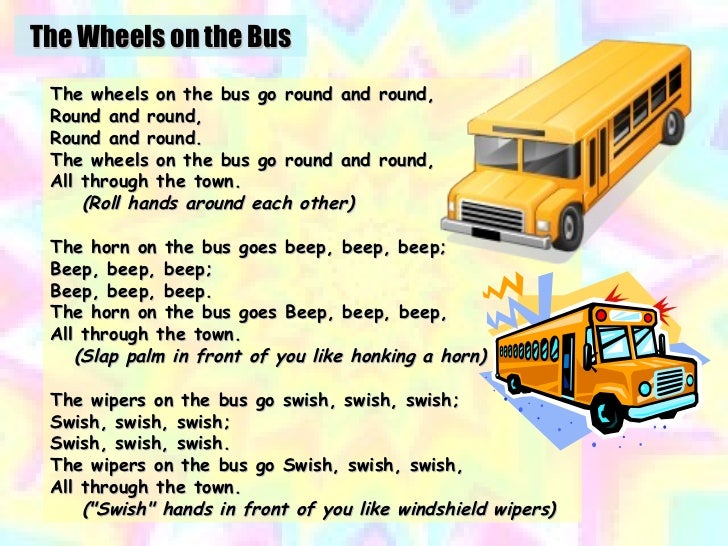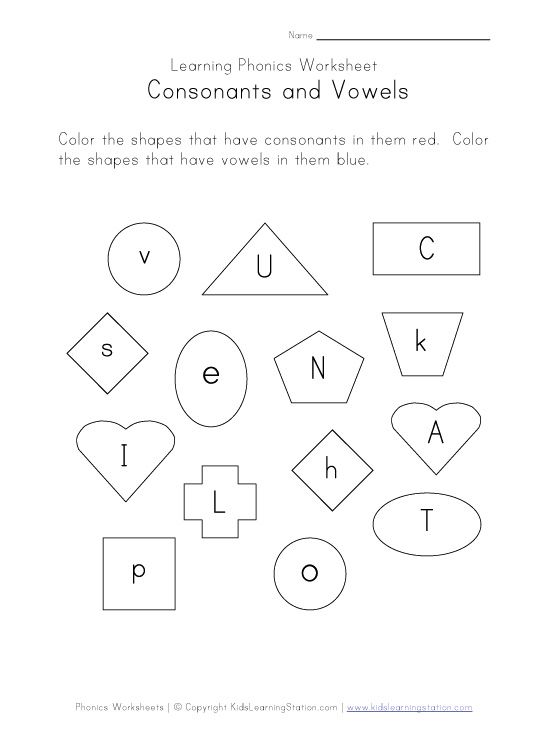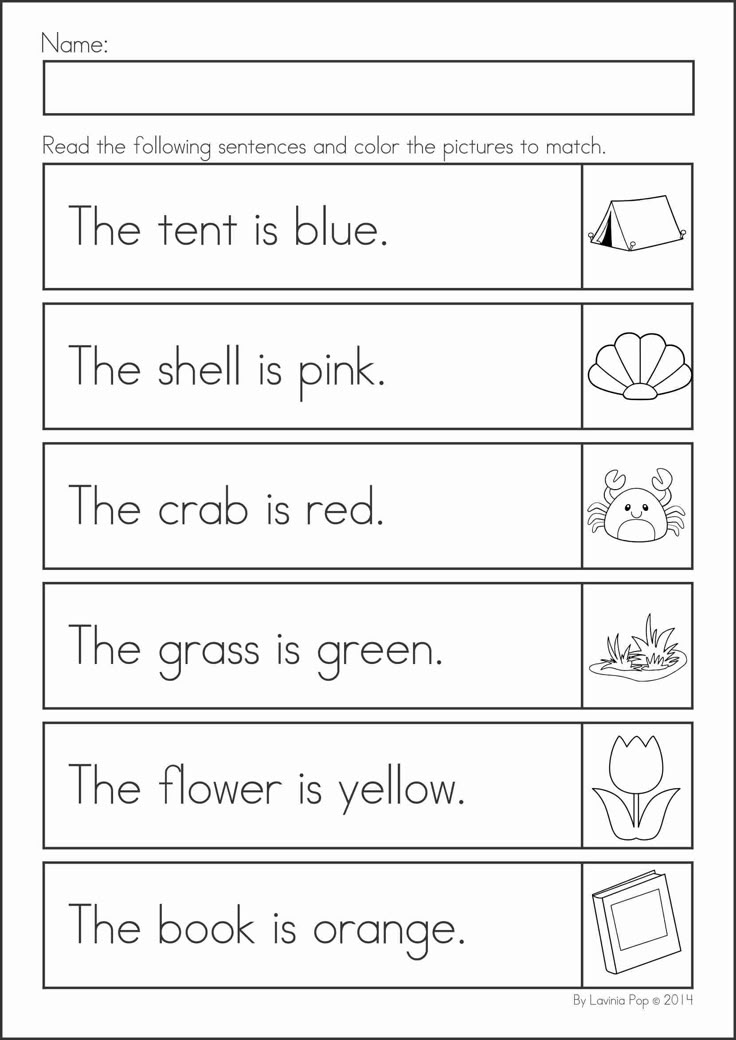Little rhyming words
238 best rhymes for 'little'
1 syllable
- Dull
- Skull
- Will
- Tull
- Cul
- Null
2 syllables
- Crystal
- Pistol
- Simple
- Triple
- Middle
- It'll
- Single
- Riddle
- Scribble
- Civil
- Cripple
- Symbol
- Brittle
- Dribble
- Fiddle
- Whistle
- Tickle
- Nickel
- Missile
- Nipple
- Sinful
- Pimple
- Signal
- Twinkle
- Sprinkle
- Ripple
- Sickle
- Skittle
- Pickle
- Sizzle
- Wiggle
- Fickle
- Kindle
- Tittle
- Nibble
- Trickle
- Jingle
- Spittle
- Whittle
- Bittle
- Bristol
- Giggle
- Distal
- Drizzle
- Mingle
- Tingle
- Shrivel
- Dimple
- Nimble
- Swivel
- Fizzle
- Twiddle
- Dwindle
- Chisel
- Swindle
- Piddle
- Spindle
- Fiscal
- Widdle
- Wrinkle
- Jiggle
- Blissful
- Fearful
- Frizzle
- Kibble
- Drivel
- Tinkle
- Stickle
- Pringle
3 syllables
- Hospital
- Typical
- Critical
- Physical
- Lyrical
- Magical
- Personal
- Musical
- Cynical
- Capital
- Chemical
- Medical
- Official
- Hannibal
- Mystical
- Digital
- Biblical
- Radical
- Logical
- Mythical
- National
- Vehicle
- Fictional
- Technical
- Belittle
- Tactical
- Rational
- Practical
- Tropical
- Comical
- Clinical
- Skeptical
- Classical
- Surgical
- Bicycle
- Optical
- Popsicle
- Vertical
- Spherical
- Initial
- Article
- Whimsical
- Acquittal
- Committal
- Rekindle
- Cubicle
- Festival
- Mandible
- Meaningful
- Chronicle
- Optional
- Particle
- Testicle
- Prodigal
- Judicial
- Psychical
- Cyclical
- Ethical
- Tricycle
- Icicle
- Graphical
- Clavicle
- Cervical
- Follicle
- Topical
- Clerical
- Additional
- Cuticle
- Lexical
- Uncivil
- Ventricle
- Cardinal
- Functional
4 syllables
- Emotional
- Subliminal
- Political
- Professional
- Artificial
- Hysterical
- Mechanical
- Electrical
- Irrational
- Umbilical
- Superficial
- Societal
- Illogical
- Beneficial
- Empirical
- Historical
- Satirical
- Identical
- Rhetorical
- Sacrificial
- Methodical
- Dysfunctional
- Exceptional
- Dimensional
- Sensational
- Tyrannical
- Symmetrical
- Traditional
- Nonsensical
- Impractical
- Poetical
- Grammatical
- Intentional
- Fanatical
- Sabbatical
- Statistical
- Unethical
- Theatrical
- Ironical
- Indelible
- Elliptical
- Unofficial
- Botanical
- Atypical
- Logistical
- Untypical
- Numerical
5 syllables
- Metaphorical
- Diabolical
- International
- Hypocritical
- Psychological
- Egotistical
- Mathematical
- Unconditional
- Biological
- Philosophical
- Metaphysical
- Analytical
- Alphabetical
- Inspirational
- Astronomical
- Indestructible
- Theoretical
- Pharmaceutical
- Pathological
- Chronological
- Hypothetical
- Paradoxical
- Mythological
- Indivisible
- Technological
- Educational
- Economical
- Lackadaisical
- Biochemical
- Neurological
- Gravitational
- Motivational
- Periodical
- Geographical
- Hypercritical
- Anatomical
- Problematical
- Geometrical
- Recreational
6 syllables
- Stereotypical
- Incomprehensible
- Physiological
- Ideological
Want to find rhymes for another word? Try our amazing rhyming dictionary.
If you write lyrics you should definitely check out RapPad. It has tons of useful features for songwriters, lyricists, and rappers.
Rhyming Words for Kids (Complete List)
Many of us have fond memories of learning nursery rhymes and rhyming stories when we were children.
These tales are important because they expose children to rhyme, which is essential for language development. Children who have strong early language abilities, including listening and speaking, are shown to develop more robust reading and writing skills.
Helping your child recognize and use rhyme will help them first with their verbal language and then with their literacy. Introducing rhyming words for kids is an excellent way to do that.
Table of Contents
- How Do You Teach Rhyming Words To Children?
- Rhyming Words For Kindergarten
- Rhyming Words For First Grade And Older
- Any Time Can Be Rhyme Time
How Do You Teach Rhyming Words To Children?
Children learn about rhyme in three stages, although there is much overlap as they move from one step to another.
Rhyme Exposure
This is when your child hears rhyming words. This can be in songs while reading rhyming together, or elsewhere. At this stage, you should point out rhyming words to your child.
Rhyme Recognition
Once your child hears a rhyme and points it out, they have reached the stage of rhyme recognition.
Rhyme Production
Finally, your child will be able to produce rhyme themselves. They may take great pride in asking you questions, such as, “Do you know what rhymes with door? More!”
While this may seem like a small thing to you, to them it’s big. Make sure to show them that you’re impressed with their newly-found knowledge.
Ways To Teach Rhyming Words
Make learning to rhyme fun by using some of these methods.
Share Rhyme In Books, Poems, And Songs
Reading rhyming books and poems and singing together will expose your child to rhymes in a fun, relaxing way. Read the complete story or sing the entire song first and then go back and point out the rhymes.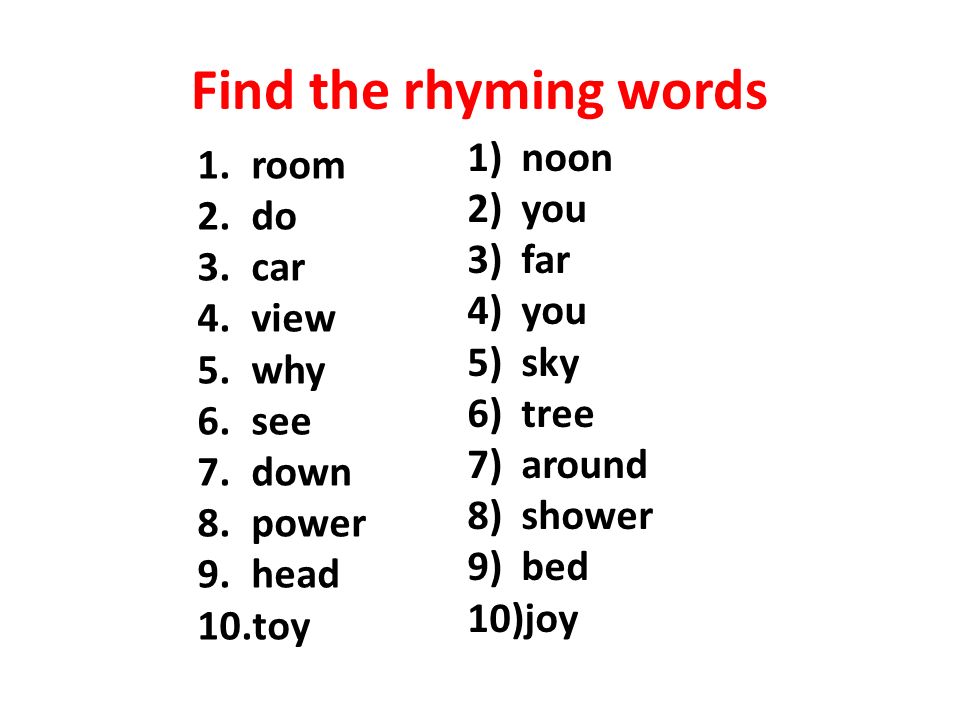
Then, when your child is aware of the concept of rhyming, ask them to point out the pairs of rhyming words they hear or read.
Once your child is familiar with rhymes, read or sing, but don’t say the second rhyming word. Instead, ask your child to provide a suitable rhyme.
Puzzles
Rhyme word puzzles are a fun way for your child to practice pairing up rhyming words.
Clip Cards
Not all rhyming words have the same spelling at the end. To prevent your child from becoming confused by the spelling, use peg cards where your child picks the correct rhyme according to the picture.
Lap Books
Create nursery rhyme lap-books with your child. First, print out the standard nursery rhyme and then have your child replace the original word with another of their own that rhymes.
Rhyming Dictionaries
Help your child find suitable rhyming words with a rhyming dictionary.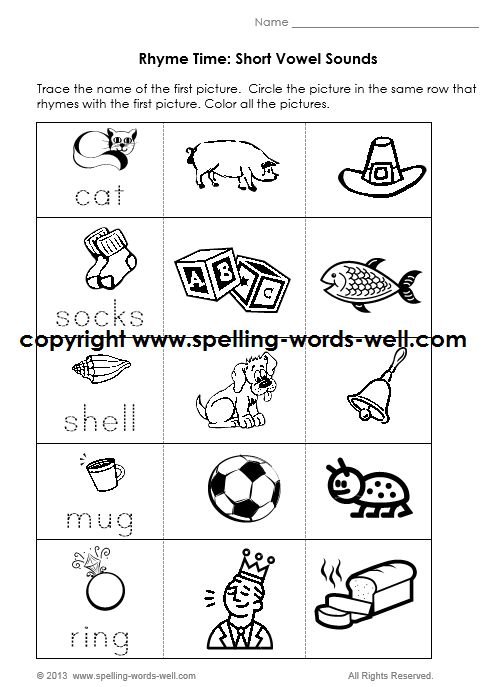 These can be immensely helpful no matter what age you are, especially if you are a teacher, writer, or write lyrics for songs.
These can be immensely helpful no matter what age you are, especially if you are a teacher, writer, or write lyrics for songs.
Rhyming Words For Kindergarten
These are great options for those who are younger than kindergarten or those who are still working on completing that first year in school. These are simple words that won’t be too challenging for this age.
Words That Rhyme With At
- Bat
- Cat
- Fat
- Hat
- Mat
- Pat
- Rat
- Sat
- Vat
- Slat
- Brat
- Flat
- Chat
- Splat
- That
Words That Rhyme With An
- Ban
- Can
- Fan
- Man
- Pan
- Ran
- Tan
- Van
- Flan
- Plan
- Span
- Scan
Words That Rhyme With Ab
- Cab
- Dab
- Drab
- Fab
- Flab
- Grab
- Jab
- Nab
- Lab
- Slab
- Tab
- Crab
Words That Rhyme With Ad
- Add
- Bad
- Clad
- Dad
- Fad
- Had
- Lad
- Mad
- Pad
- Rad
- Sad
Words That Rhyme With All
- Ball
- Call
- Fall
- Hall
- Mall
- Shawl
- Tall
- Wall
- Thrall
- Gall
Words That Rhyme With Ag
- Bag
- Flag
- Drag
- Gag
- Hag
- Nag
- Rag
- Sag
- Tag
- Wag
Words That Rhyme With Ip
- Ship
- Chip
- Clip
- Dip
- Drip
- Flip
- Grip
- Hip
- Kip
- Lip
- Nip
- Pip
- Rip
- Sip
- Slip
- Skip
- Snip
- Tip
- Trip
- Zip
Words That Rhyme With Ap
- App
- Cap
- Clap
- Flap
- Gap
- Lap
- Map
- Nap
- Rap
- Scrap
- Slap
- Snap
- Strap
- Snap
- Tap
- Trap
Words That Rhyme With Id
- Bid
- Did
- Hid
- Kid
- Lid
- Mid
- Rid
- Sid
- Grid
- Slid
- Skid
- Squid
Words That Rhyme With Op
- Bop
- Cop
- Crop
- Clop
- Drop
- Flop
- Hop
- Mop
- Plop
- Prop
- Shop
- Stop
- Swap
- Top
Words That Rhyme With Am
- Clam
- Cram
- Dam
- Gram
- Ham
- Jam
- Lamb
- Ram
- Slam
- Spam
- Tram
Words That Rhyme With Ig
- Big
- Dig
- Fig
- Gig
- Pig
- Rig
- Twig
- Swig
- Wig
- Brig
Words That Rhyme With Ar
- Are
- Bar
- Car
- Far
- Jar
- Scar
- Star
- Tar
- Ajar
- Guitar
Words That Rhyme With Aw
- Awe
- Caw
- Claw
- Draw
- Flaw
- Paw
- Raw
- Saw
- Straw
- Thaw
Words That Rhyme With Ay
- Bay
- Clay
- Day
- Gray
- Hay
- Jay
- Lay
- May
- Pay
- Play
- Pray
- Say
- Stay
- Spray
- Sway
- They
- Way
- Tray
Words That Rhyme With Ell
- Bell
- Cell
- Dell
- Fell
- Gel
- Sell
- Shell
- Smell
- Spell
- Tell
- Well
- Yell
Words That Rhyme With En
- Den
- Men
- Pen
- Ten
- Then
- When
- Wren
- Zen
- Ben
- Ken
Words That Rhyme With Et
- Bet
- Get
- Jet
- Let
- Met
- Net
- Pet
- Set
- Wet
- Yet
Words That Rhyme With Ew
- Blue
- Blew
- Brew
- Chew
- Clue
- Crew
- Cue
- Do
- Dew
- Drew
- Ewe
- Flew
- Glue
- Grew
- Knew
- New
- Phew
- Shoe
- Shoo
- Stew
- Through
- Threw
- True
- Two
- View
- You
- Who
- Zoo
Words That Rhyme With In
- Bin
- Chin
- Din
- Fin
- Grin
- Inn
- Pin
- Shin
- Skin
- Spin
- Twin
- Thin
- Tin
- Win
Words That Rhyme With It
- Bit
- Fit
- Hit
- Kit
- Knit
- Lit
- Mit
- Nit
- Pit
- Sit
- Quit
- Skit
- Slit
- Spit
Words That Rhyme With Od
- Cod
- Bod
- Odd
- Nod
- Plod
- Prod
- Rod
- Squad
- Trod
- Pod
Words That Rhyme With Og
- Bog
- Blog
- Cog
- Clog
- Dog
- Fog
- Frog
- Hog
- Jog
- Log
Words That Rhyme With Op
- Top
- Chop
- Cop
- Crop
- Drop
- Flop
- Hop
- Mop
- Pop
- Shop
- Stop
Words That Rhyme With Ot
- Blot
- Cot
- Clot
- Dot
- Got
- Hot
- Knot
- Not
- Plot
- Pot
- Rot
- Shot
- Spot
Words That Rhyme With Ow
- Bow
- Brow
- Cow
- How
- Now
- Pow
- Sow
- Row
- Vow
- Wow
Rhyming Words For First Grade And Older
These are useful rhyming words for first graders and above with an expanding skillset.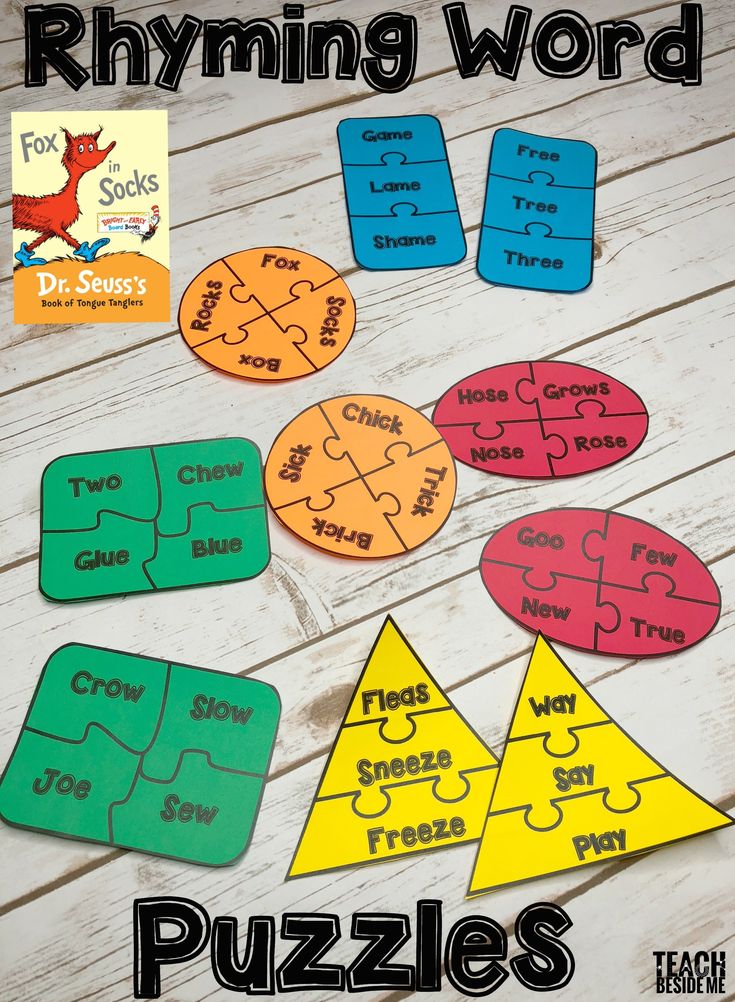
Words That Rhyme With Ake
- Ache
- Bake
- Cake
- Brake
- Break
- Fake
- Flake
- Lake
- Make
- Quake
- Rake
- Sake
- Take
- Sneak
- Steak
- Stake
- Wake
Words That Rhyme With Ale
- Bail
- Bale
- Kale
- Dale
- Fail
- Hail
- Male
- Nail
- Pail
- Pale
- Rail
- Sail
- Snail
- Sale
- Stale
- Tail
- Tale
- Trail
- Whale
- Detail
- Toenail
Words That Rhyme With Ain
- Brain
- Cane
- Chain
- Crane
- Drain
- Gain
- Grain
- Lane
- Mane
- Main
- Pane
- Pain
- Plain
- Plane
- Reign
- Rain
- Sprain
- Stain
- Strain
- Train
- Again
Words That Rhyme With Or
- Door
- Chore
- Core
- Four
- For
- Sore
- Floor
- Door
- More
- Oar
- Snore
- Soar
- Store
- Score
Words That Rhyme With School
- Cool
- Cruel
- Drool
- Fool
- Fuel
- Ghoul
- Jewel
- Mule
- Pool
- Spool
- Tool
- Who’ll
- You’ll
- Yule
Any Time Can Be Rhyme Time
Whether you are playing rhyme I-spy, singing nursery rhymes, or reading a book of children’s poems, the time you spend sharing rhymes with your child is helping them develop spoken language.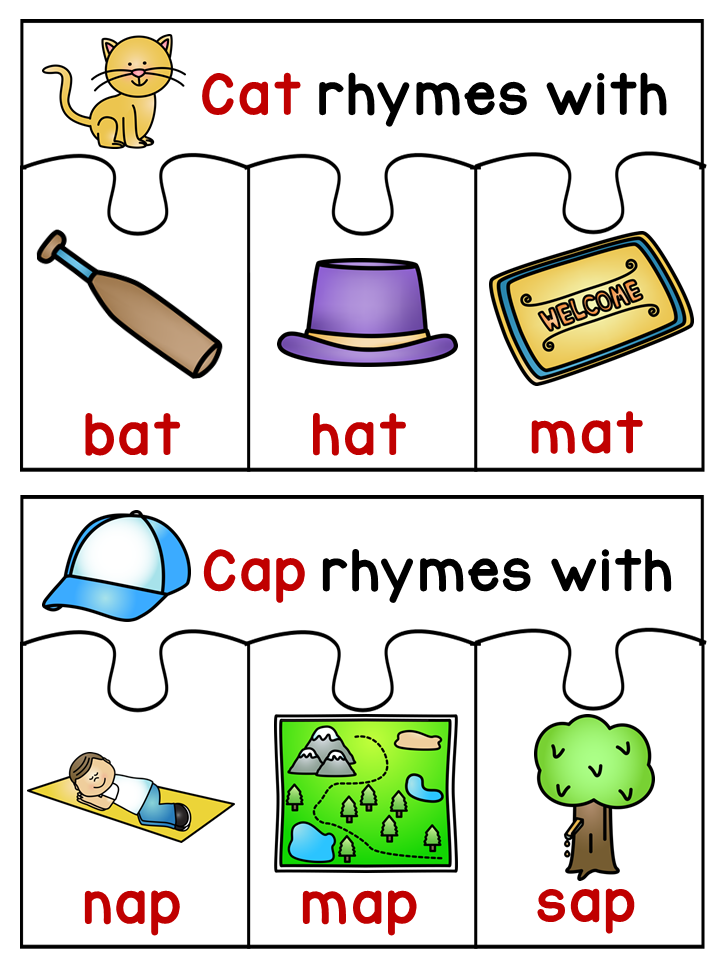
Build a little rhyme time into every day and give your child an advantage.
Introducing rhyming words is an excellent way to lay a solid foundation for literacy.
Feedback: Was This Article Helpful?
Thank You For Your Feedback!
Thank You For Your Feedback!
What Did You Like?
What Went Wrong?
rhymes | Speech therapy for all
Sep 20, 2011, the author Ekaterina
developed a speech therapist
Kondrashova Galina Nikolaevna
MDOU “Children's Garden No. 3” 9000 9000 9000 9000 9000 9000 9000 9000 9000 9000 9000 9000 9000 9000 9000 9000 9000 9000 9000 9000 9000 The game "Rhymes"
We played rhymes - we picked up words.
Let's play with you now.
Show a picture and suggest a word -
Which one we will take with us.
I’ll say an accordion, and you tell me ... (potato),
I’m holding a shirt, you see .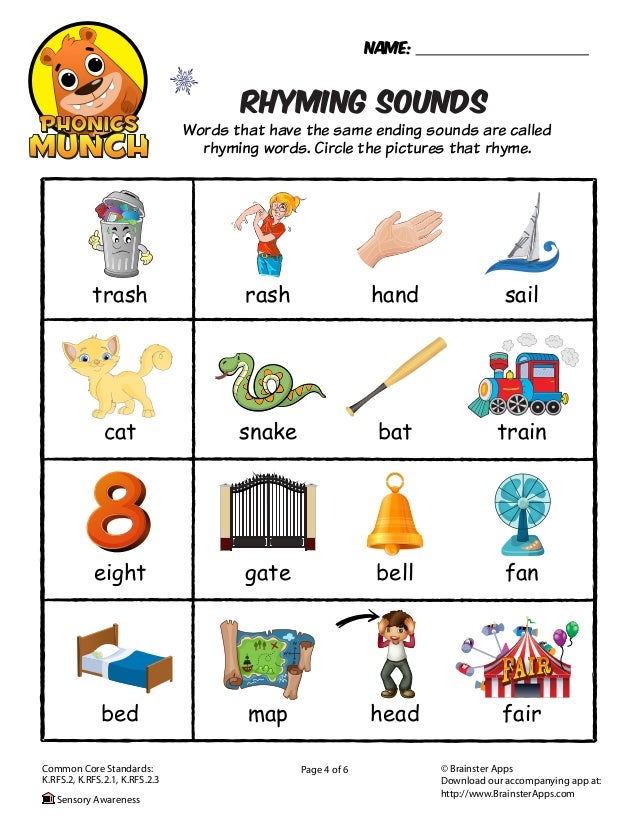 .. (a bug),
.. (a bug),
I took a basket, you bought ... (a picture).
I see: a ram is grazing in the field,
And a little boy is carrying - ... (drum),
An ant is crawling along the path with a reed,
And after him flies ... (sparrow).
Violinist gives us concerts on "Bis"0003
All children are treated by our…(doctors).
Game " Good Elephant".
A good elephant lived in the world,
He wrote stories.
He wrote good books,
And gave them to his friends.
He liked to play rhymes,
So that he would not be bored with his friends.
Here is a picture, here... (basket, car, etc.),
Here is a camomile, here is ... (bug, piece of paper),
Here is my house, here is yours ... (volume, catfish),
Here is a cannon, here is .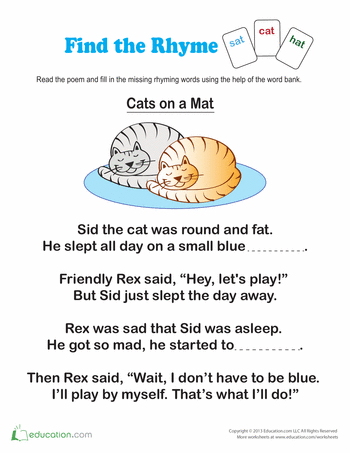 .. (fly, drying, mug),
.. (fly, drying, mug),
Here is a donut for you , but ... (book, mouse, lid),
Here is a neighbor, but ... (lunch, clarinet, vinaigrette).
So that we don't get bored,
We'll pick up rhymes.
(The game can continue indefinitely until the child gets bored.)
Gifts game.
Monkey has a birthday,
Everyone brings congratulations:
The cockerel brought her a cannon,
And the horse - ... (cracker, rattle, spinner, etc.).
White bear - chocolate,
A Hedgehog - ... (marmalade, lemonade, etc.)
The game "We play - we select rhymes."
A monkey and a cuckoo, a cockerel and a cat
We decided to play rhymes with the children a little:
The monkey suggested: a bear, ... (then the children choose pictures).
The cuckoo crowed: reel,…
The cat also purred: hand,…
The cockerel crowed: sack,… .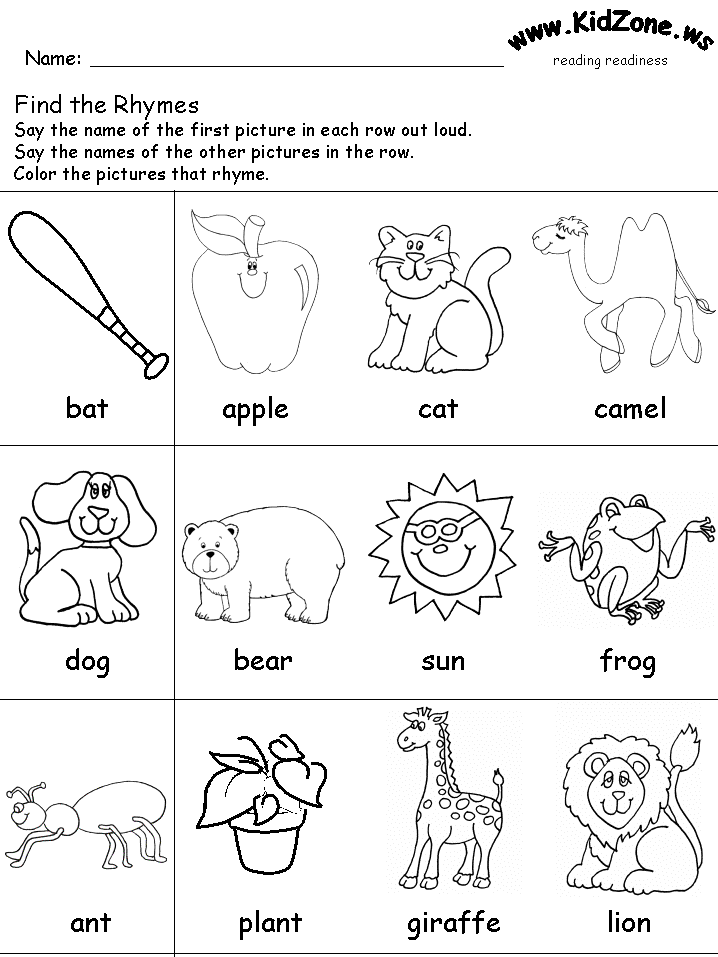
Task: Find rhymes. Children are offered pictures: bear, bump, donut, boy, reel, rattle, pillow, feeder, palm, potato, accordion, midge, bag, pot, strap, top. They choose a picture and substitute the word into the poem.
Miniature rhymes
A mouse rustled in the pantry,
Under the pine lay - ... (cone).
Garik lives in our house,
He has a blue ... (balloon).
Our capricious Masha,
In her plate ... (porridge).
There is an old house in the village,
We got caught in the net - ... (catfish).
They took a volume from the library,
In winter, the guys sculpt - ... (com).
Mice are very fond of cheese,
There are a lot of -… (holes) in good cheese.
The wind blew very strongly,
There was a terrible ... (hum) everywhere.
A sheep lives with a farmer,
Runs in the desert - ... (lizard).
Mom was cleaning the floor,
Dad was waiting: when will .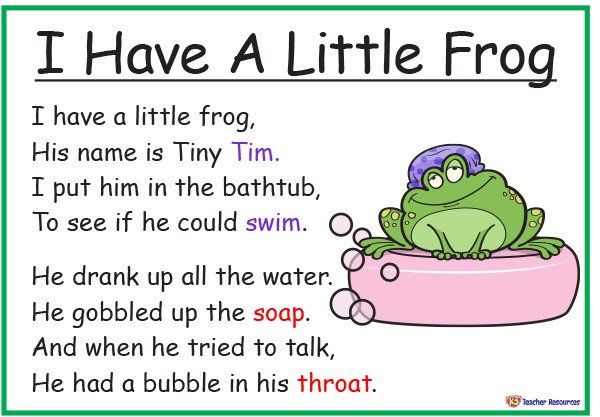 .. (goal).
.. (goal).
A pack fell on the deck,
Because there was - ... (rolling).
A daughter is writing a letter to her mother,
At the end of the story is - ... (dot).
The tailor chose red silk,
So he knows about fashion...
They played in KVN for a day,
Everyone liked the hall - ... (jokes).
There was a nut on the shore,
The fish was dragged away - ... (seagull).
Porridge is smoking in a bowl,
With tea is - ... (a cup).
It was very bad in a fairy tale,
Until a -… (miracle) appeared.
The boy is crying very loudly -
He hurt with glass ... (finger).
Onions grew in the garden,
May ... (beetle) crawled in the garden.
There was not enough honey for the bear,
The bee showed ... (sting).
In the raspberry forest the bear grumbled,
Next to him there was a stream… (murmured).
Arkady slept lightly at night,
He was afraid of the dark.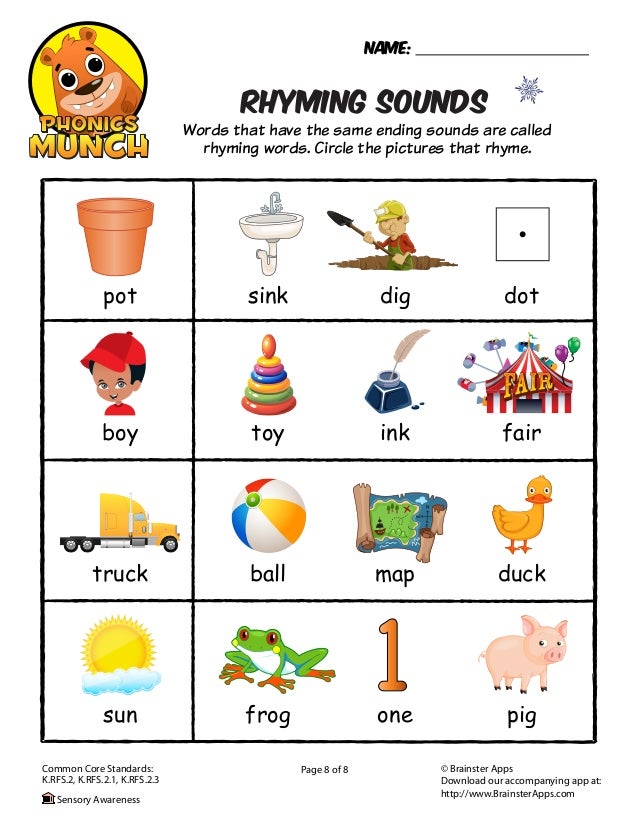 .. (terribly).
.. (terribly).
The athlete put on his jacket,
He holds in his hands ... (racquet).
The children are waiting for the holidays -
Red summer ... (ongoing).
The oldest in the group is Venya,
He has a friend - ... (Zhenya).
Green bunch of parsley
Gluttonous ate ... (bug).
The woman screamed loudly -
Scared her - ... (toad).
People in fairy tales love to feast,
Everyone in the world needs ... (peace).
Concrete is being made at the construction site,
In the subway they will require -…(token).
I bought a fashionable Klim vest,
I bought ... (ticket) to the theater.
There lived a boy Zhora,
He has a little sister... (Laura).
Tanya-baby is the most boastful of all,
On her hat - ... (brooch).
The old leopard dreamed of stars.
He wanted to fly to ... (Mars).
Lost to Seryozha fant,
The girls tied .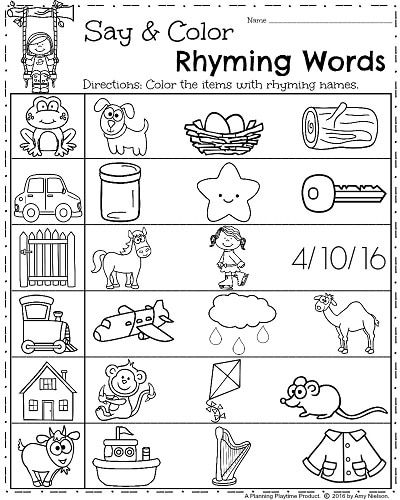 .. (bow).
.. (bow).
A jar fell off the table,
Now Sveta has a pain...(a wound).
Vasya was on duty in the class,
He cleaned the floors with a rag ... (washed).
There lived an old dog in the world,
He regularly served ... (carried).
They gave Ram a pipe,
And a sentry ... (booth).
Ilya has beautiful hair,
And pleasant, resonant… (voice).
The leader issued a victory cry,
Do not interfere with him ... (rain).
You can't take someone else's,
And, of course, you can't ... (lie).
To make the hairstyle glossy,
We will need ... (wax).
Yaga did not get the crown,
Carried her away ... (crow).
The picture was painted by the creator,
He depicted on it ... (palace).
Nightingale can not hear the trill,
Muffles it ... (drill).
I saw a wonderful dream,
That I went to ... (Don).
A dark night has come,
My .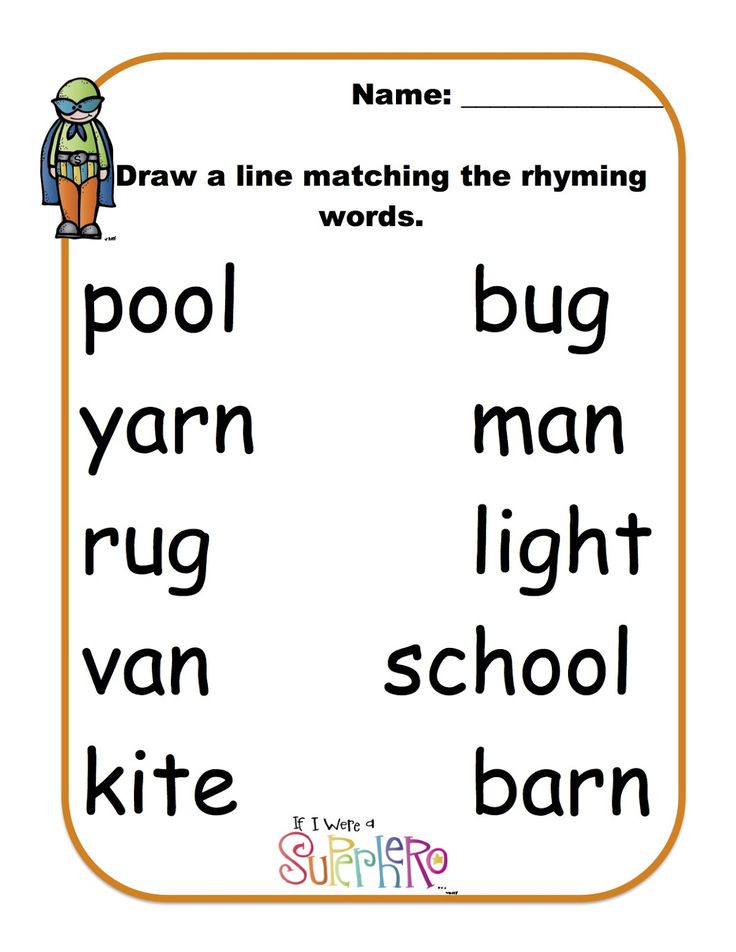 .. (daughter) is falling asleep.
.. (daughter) is falling asleep.
Cat's beautiful paws -
Fluffy shoes (slippers).
Vitya didn't take a satchel to school,
He studied there all day...(dance).
A ship has come to a distant port,
A sailor is carrying a friend...(cake).
The soldier does not need sleds,
He will study ... (tanks).
The incident happened once -
They overturned a copper ... (basin).
Grandfather loves tobacco,
A granddaughter - ... (zucchini).
Exotic mango fruit.
An unfamiliar dance…(tango).
There are bushes in the yard,
They are very…(thick).
There is a hill near the house -
Ice on it ... (crust).
Someone dug a big grotto-
It turned out to be ... (mole).
A goose lives in the poultry house,
Runs in the forest ... (hare).
Glasha danced the polka,
She sang a song loudly ... (Klasha).
Grandfather went to chop wood,
And grandma - onions . .. (weed).
.. (weed).
The boxer cut his eyebrow with a blow,
And immediately ran ... (blood).
Brought the ship of athletes to the port,
They went to ... (court).
There was a crumb left on the table,
I fed the birds ... (Proshka).
The roses ran away from the flowerbed,
Very prickly... (roses).
In the morning dew fell -
Go out to the meadow ... (spit).
Horses competed at the races,
Children rode in the park ... (ponies).
The cat licked all the sour cream,
He wiped it with his paw ... (mouth).
There was a donut on the table -
I caught the smell ... (mouse).
In the realm of fairy tales, a ball is gathered -
There were both old and ... (small).
The big boss needs a folder,
And, of course, in winter, of course… (hat).
If children are walking in the park,
Do not break at the bushes ... (branches).
Kitty's muzzle warms in the sun.
“Whiskas” is filled with delicious ... (bowl).
Natasha baked a cake,
Our…(Rex) loves them very much.
The clown took off his funny cap,
Grandfather planted in a fairy tale ... (turnip).
There is a school desk in the last row,
There is a pen, a textbook and ... (map) on it.
We will put on a mask for the carnival,
A soldier will put on a battle ... (helmet).
The mouse saw the crust -
Dragged it into ... (mink).
Artur began sawing the log,
He hurt himself…(knee).
A drop was falling down from the sky,
He is not afraid of her... (heron).
Faith's cutting was not successful,
Now it is in the magazine ... (troika).
Mila made a salad,
Washed her…(robe).
The cold is very terrible for a hare,
But even more terrible ... (hunger).
Bought sour cream Gleb,
Bought Vasily ... (bread).
Slowing down time,
The old .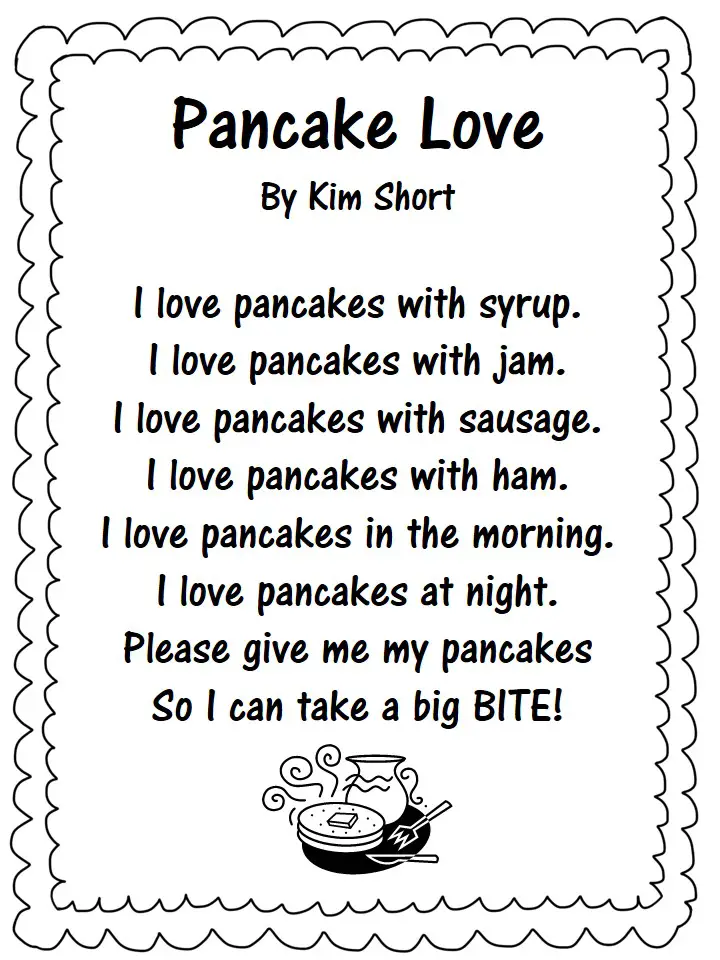 .. (year) is leaving us.
.. (year) is leaving us.
The hop blossoms luxuriantly in spring,
... (bumblebee) sits on it.
That guys start fights,
Don't believe it! It's just - ... (lies).
A puppy ran in the meadow,
Lena wove for him ... (wreath).
There lived a giant in the world,
And he had ... (pelican).
Strict norm for a soldier:
Always ironed ... (uniform).
Arseniy pultik took in his hands,
He wanted to see ... (cartoon).
The border guards have a post,
Under guard they have ... (bridge).
Daddy calls Ira:
“My daughter is…(honey)”.
Fedya loves fat very much,
Everything is for him, poor fellow, ... (not enough).
They like kitty serials,
Buy in "Trek" ... (discs).
Vika brushes her teeth in the morning,
Then she paints brightly…(lips).
A cloud floated across the sky,
In the river splashed ... (pike).
The baker bakes bread for the table for us,
Gives out medicine - .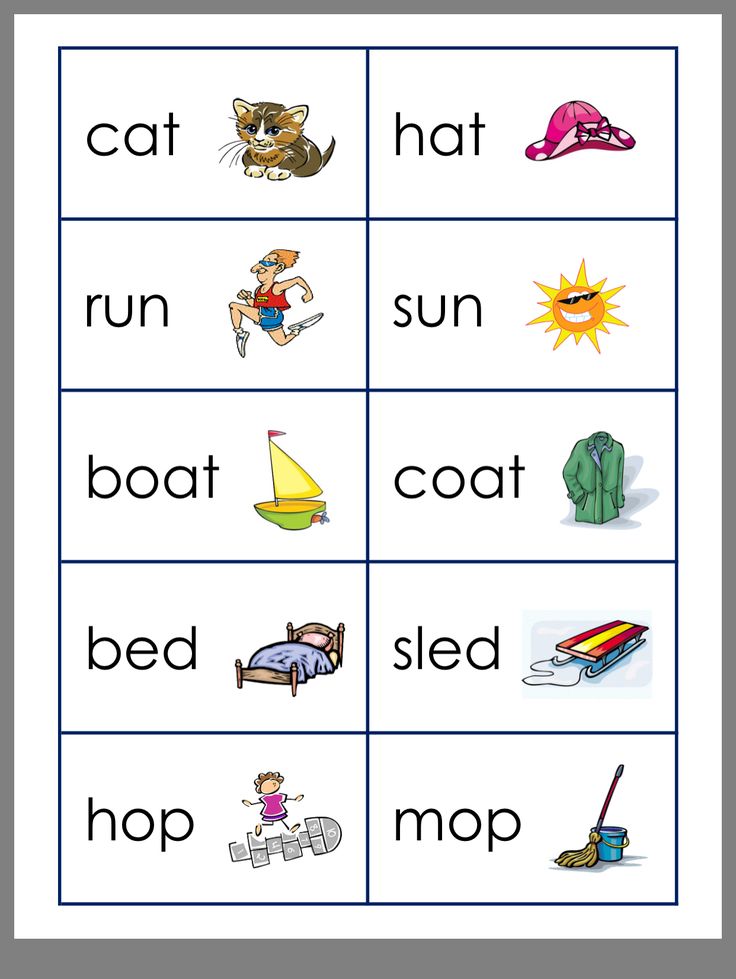 .. (healer).
.. (healer).
There is sand on the river bank,
And there is ... (wood) around.
The boat did not reach the target,
It ran into ... (stranded).
Petya hands with soap soap,
All microbes quickly ... (washed away).
A cat was sitting on the window
And meowing… (a little bit).
The children were running, jumping
And in the evening everyone ... (tired).
Look - a steam locomotive,
He's wagons ... (carried).
On a large green branch
Squirrels are sitting ... (children).
| Like |
Author: Ekaterina
Hello! My name is Ekaterina and I am glad to welcome you to the site " Speech Therapy for All " If you liked the materials of the site, then you can subscribe to new publications by RSS or Email.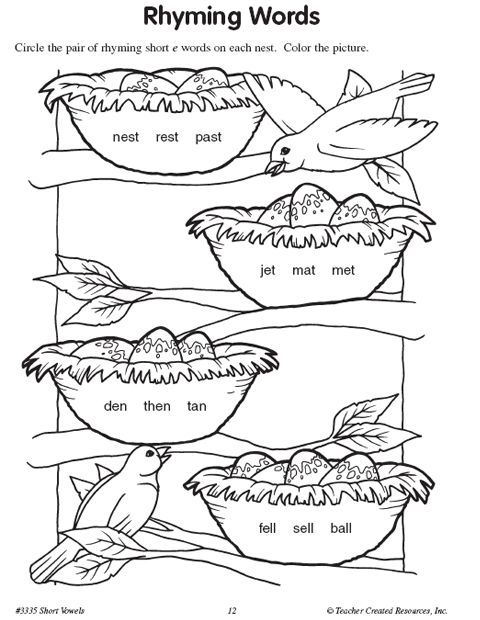 Also join our speech therapy group at Facebook and Vkontakte .
Also join our speech therapy group at Facebook and Vkontakte .
The author has published 485 articles.
Previous material from the rubric -
- Phonetic warm-ups
- The specifics of correctional and developmental work in the conditions of a social rehabilitation center for minor children
- Experience in diagnosing children with general speech underdevelopment [1 language level]
Headings: Speech therapist to help Tags: speech therapy games

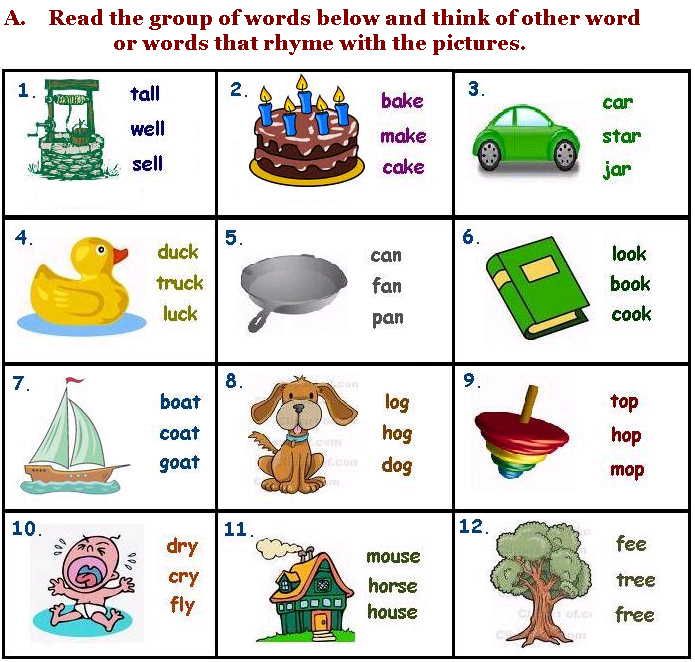 K. Chukovsky thought a lot about these magnificent possibilities of small children in his book "From Two to Five". All this is so. But why, then, growing out of their creative five years, or maybe decades, do people sometimes seem to lose this ability, this gift, invested in them by nature, and turn words only into a means of utilitarian communication? To paraphrase the famous lines of the poet Levitansky: "Where do you come from, words?" - I sometimes want to ask another question: "Where are you going, words?" Behind the bustle of everyday life, behind everyday problems, we sometimes miss something extremely important and, recalling the successful sayings, almost aphorisms of our young children, we are surprised to find that grown-up children have completely lost what they were so generously and richly endowed with in tender infancy.
K. Chukovsky thought a lot about these magnificent possibilities of small children in his book "From Two to Five". All this is so. But why, then, growing out of their creative five years, or maybe decades, do people sometimes seem to lose this ability, this gift, invested in them by nature, and turn words only into a means of utilitarian communication? To paraphrase the famous lines of the poet Levitansky: "Where do you come from, words?" - I sometimes want to ask another question: "Where are you going, words?" Behind the bustle of everyday life, behind everyday problems, we sometimes miss something extremely important and, recalling the successful sayings, almost aphorisms of our young children, we are surprised to find that grown-up children have completely lost what they were so generously and richly endowed with in tender infancy. 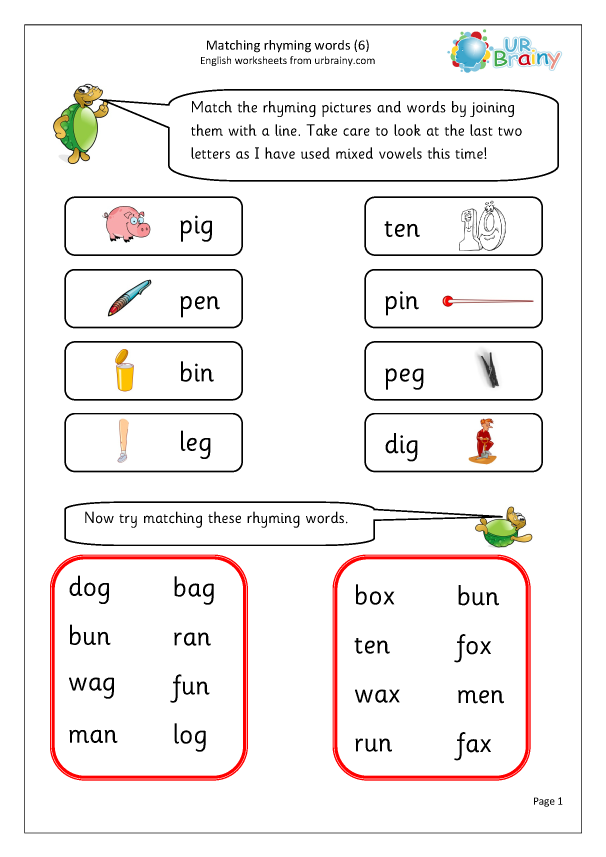
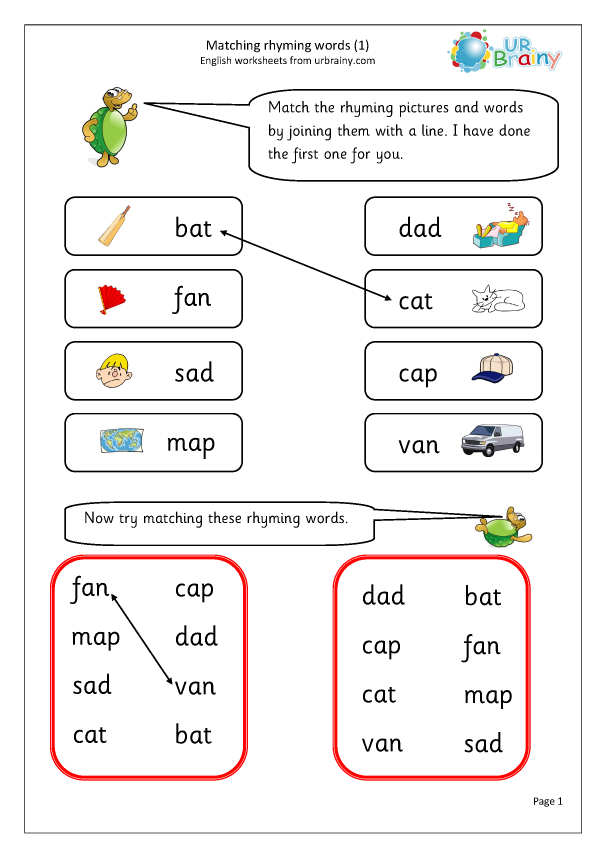
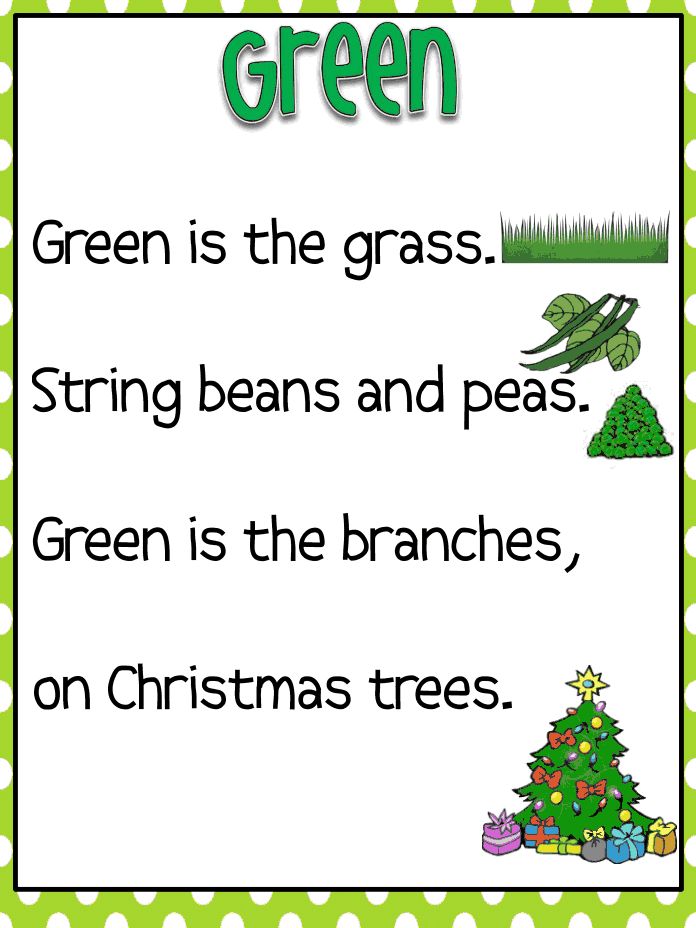
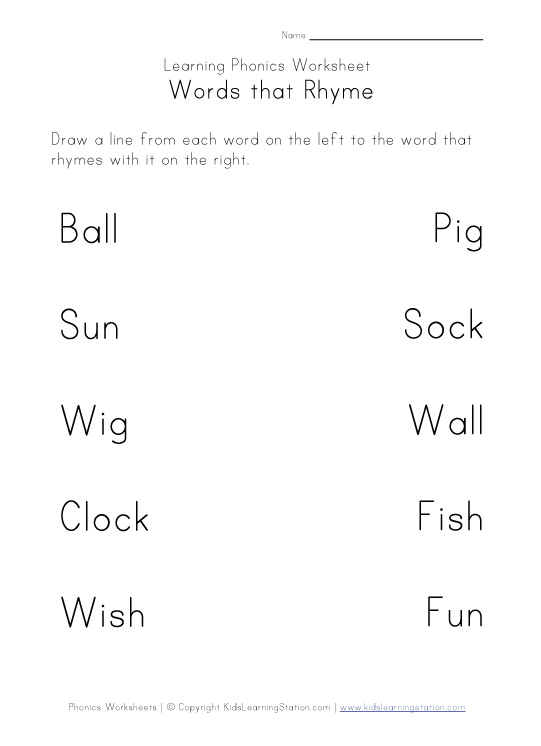 .. But it was not important. She couldn’t really pronounce it, but she said: “Ta-la-la, Talalinsky.” And so we continued the game proposed by Julian Tuwim and his translator Boris Zakhoder. I said some arbitrary line, and she picked up:
.. But it was not important. She couldn’t really pronounce it, but she said: “Ta-la-la, Talalinsky.” And so we continued the game proposed by Julian Tuwim and his translator Boris Zakhoder. I said some arbitrary line, and she picked up: 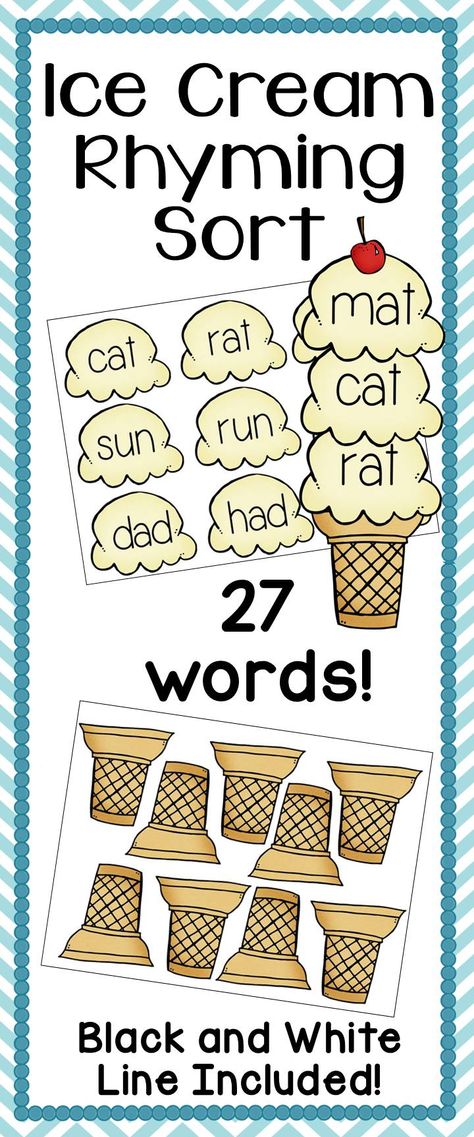
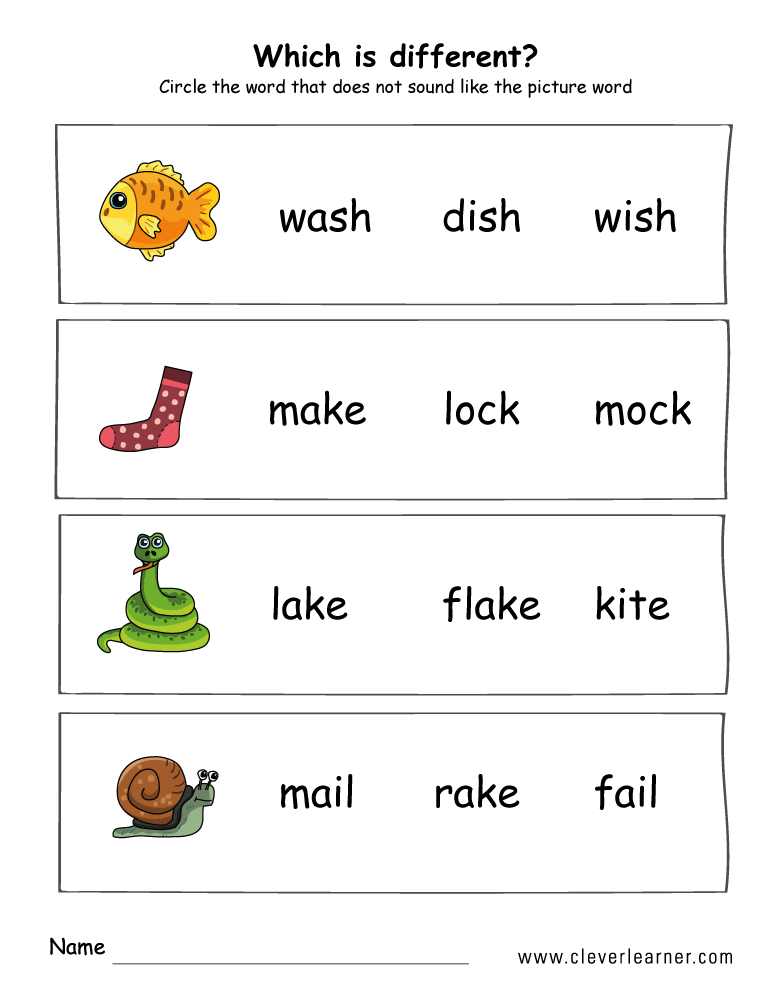 And they feel great rhyme. Many parents have seen this through their children. Sometimes, forgetting the end of the line, the baby easily finds another word that rhymes with the end of the previous line. But in general, children remember rhymes with extraordinary ease. After all, rhyme in itself is capable of attracting, and enchanting, and even, perhaps, bewitching. Children feel the charm of consonant words and lines very early, often they themselves begin to rhyme even in infancy. It is very important to maintain this interest, because the sense of rhyme, like the sense of rhythm, is one of the steps on the way to understanding poetry, its conventionality, its special language. The discovery of rhyme was probably one of the most remarkable discoveries of mankind.
And they feel great rhyme. Many parents have seen this through their children. Sometimes, forgetting the end of the line, the baby easily finds another word that rhymes with the end of the previous line. But in general, children remember rhymes with extraordinary ease. After all, rhyme in itself is capable of attracting, and enchanting, and even, perhaps, bewitching. Children feel the charm of consonant words and lines very early, often they themselves begin to rhyme even in infancy. It is very important to maintain this interest, because the sense of rhyme, like the sense of rhythm, is one of the steps on the way to understanding poetry, its conventionality, its special language. The discovery of rhyme was probably one of the most remarkable discoveries of mankind. 
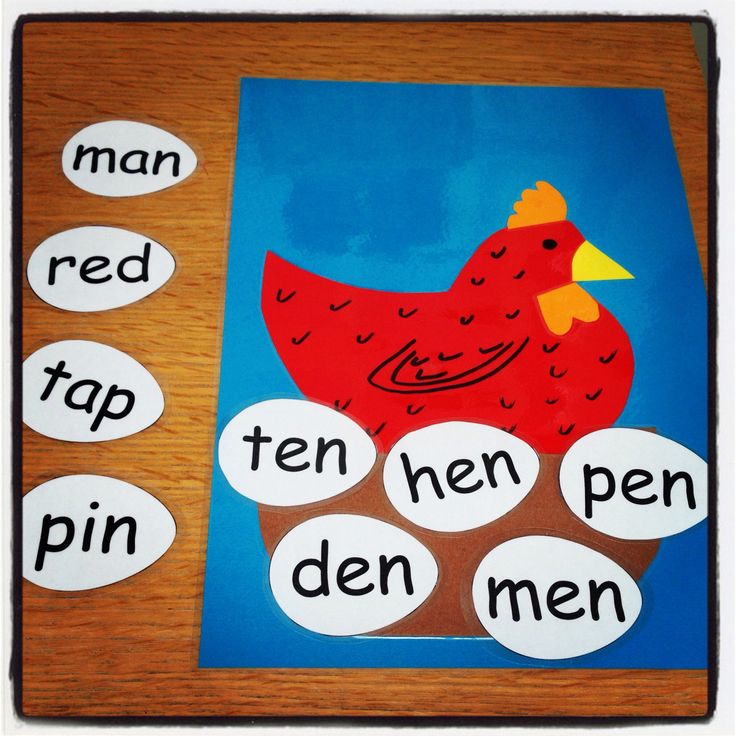 Below is a list of verses specifically for this exercise. By the way, you can do it with any work containing a rhyme that you read to your child. And it does not matter if the child makes a mistake and inserts the wrong word: anyway, this is already a process of creativity.
Below is a list of verses specifically for this exercise. By the way, you can do it with any work containing a rhyme that you read to your child. And it does not matter if the child makes a mistake and inserts the wrong word: anyway, this is already a process of creativity. 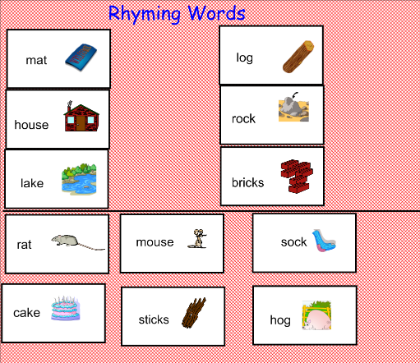 .. (head)!
.. (head)! 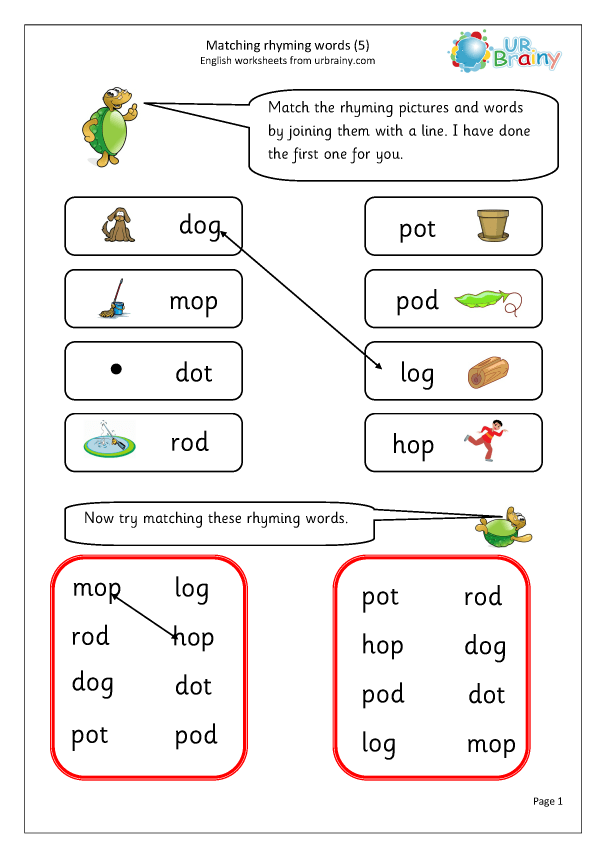 .. (I will punish).
.. (I will punish). 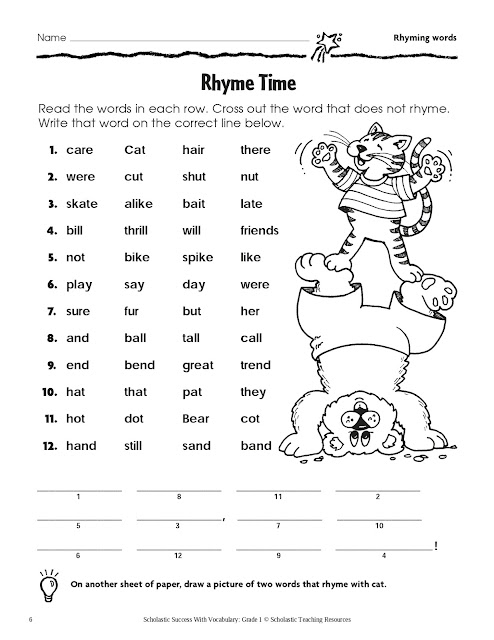 .. (bear)!
.. (bear)! 